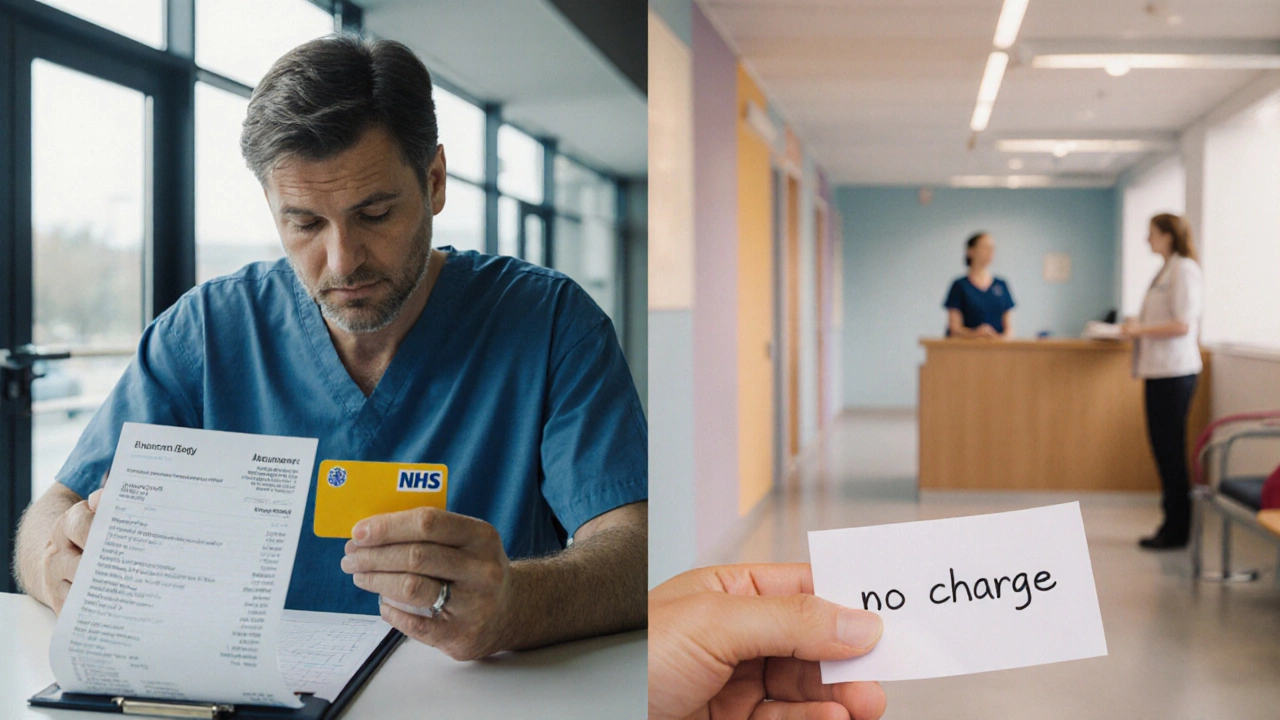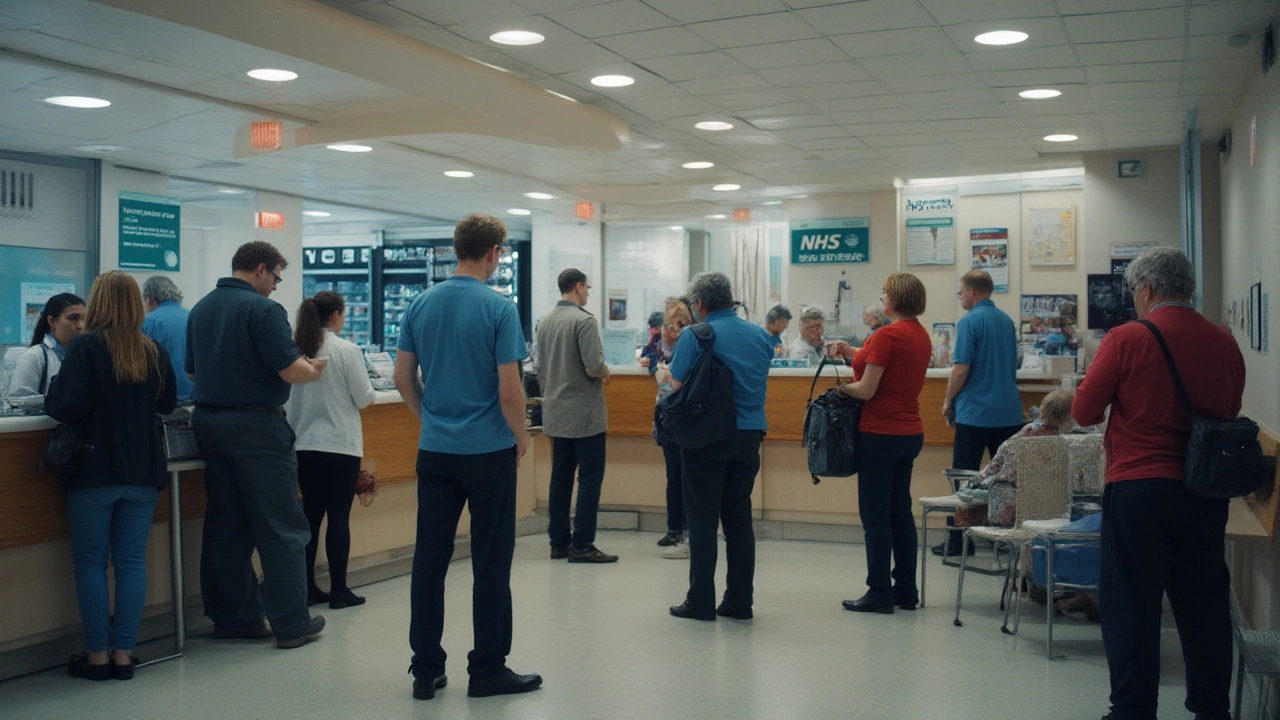UK Healthcare System: What’s Free, What Costs, and When to Go Private
Ever wonder why people keep talking about the NHS being "free" while you still see receipts for prescriptions or dental work? It’s not magic – it’s how the UK’s mixed‑type health system is built. In this guide you’ll get the real facts, simple tips to avoid surprise bills, and when it might actually make sense to pay for private care.
How the NHS Actually Works
The National Health Service funds most hospital stays, emergency visits, and GP appointments through taxes. That means you can walk into a doctor’s office without paying the front door. However, the NHS doesn’t cover everything. You’ll still pay for prescriptions (unless you qualify for free pre‑payment), dental check‑ups, eye tests, and some over‑the‑counter meds. The cost of a standard prescription is £9.35, but a pre‑payment certificate can shave that down if you need many repeats.
Another hidden cost is the “NHS surcharge” for non‑UK residents. If you’re on a visa and plan to stay longer than six months, you’ll need to pay a healthcare surcharge as part of your immigration application – usually around £624 per year. It’s a one‑time payment that unlocks the same free‑at‑the‑point‑of‑use services as citizens.
When Private Care Makes Sense
Private health insurance (often called PMI) steps in when you want faster appointments, elective procedures, or treatments the NHS doesn’t prioritize. In 2025, a typical private plan costs £30‑£45 a month, covering things like physiotherapy, specialist scans, and mental health services. If you have a chronic condition that needs regular specialist input, that cost can end up cheaper than paying for multiple NHS private‑pay appointments.
Private care also helps if you need a surgery that the NHS queues for months. For example, a routine knee replacement might have a 12‑month wait, but a private hospital can schedule it within weeks. The trade‑off is a higher upfront bill, but many insurers cover part of it.
Don’t forget the alternatives to full‑blown insurance. Some people use cash‑pay clinics for physiotherapy or dental work, and they often charge less than an insurance‑reimbursed private plan. Compare prices using a prescription‑price app or a dental cost guide before you book.
Bottom line: the NHS gives you free basic care, but you’ll still face prescription fees, dental charges, and eye‑test costs. Private insurance or cash‑pay options fill the gaps when speed or specialist treatment matters. Knowing where each system shines helps you keep health expenses under control without sacrificing the care you need.

US vs UK Healthcare System: Which Is Better in 2025?
A detailed 2025 comparison of the US and UK healthcare systems, covering financing, access, outcomes, costs, and which model fits different needs.
Categories: Healthcare Insurance UK
0

Is Healthcare Really Free in the UK? What You Need to Know About NHS Costs
Curious if the UK’s NHS is truly 100% free? Here’s what every resident and visitor actually pays for—plus the biggest myths about free healthcare in Britain.
Categories: Healthcare Insurance UK
0
